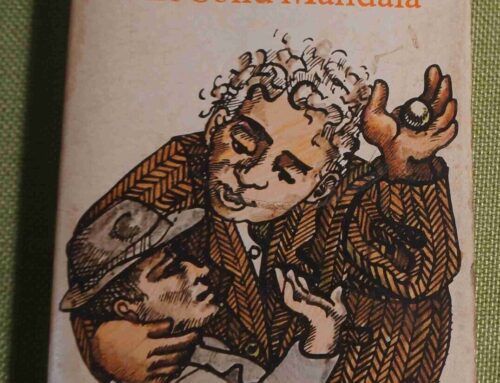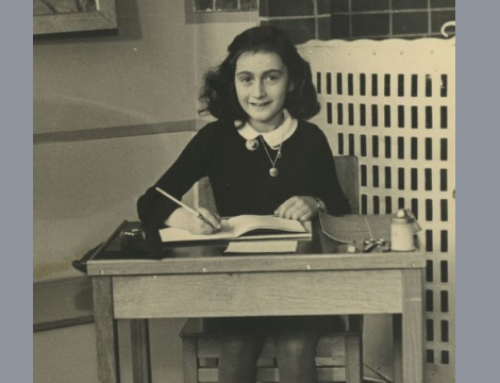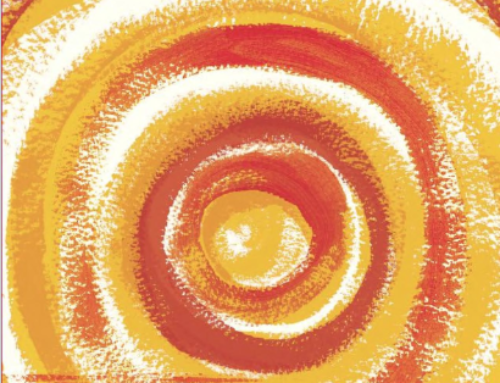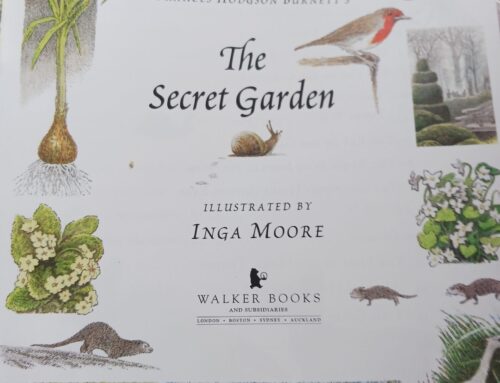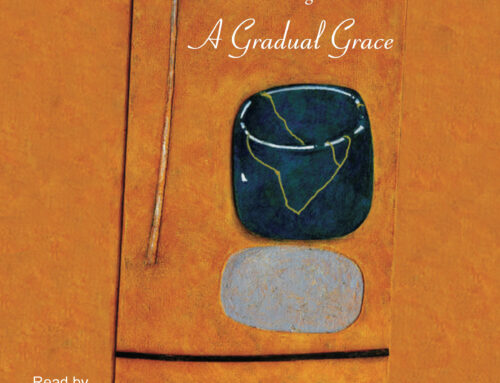
When We Remember They Call Us Liars by Suzanne Covich joins a small, select company on my bookshelf; a company of memoirs that tell of surviving childhood abuse. Along with The Art of Disappearing by Elisabeth Hanscombe and The Lost Woman by Sydney Smith, it testifies against the cruelty and abuse that many young children suffer in a family dominated by a violent, narcissistic parent who repeatedly uses his or her children as props to their own twisted needs. This is a remarkable story, not least because the author has achieved so much after surviving childhood abuse in a family fractured by a violent alcoholic father.
Trigger alert: details of some violent scenes are summarised in this review.
Usually, the abusive parent is able to get away with their crimes because the other parent is either absent or complicit or unable to stand up against them, and because neighbours and other family members are afraid, or find it safer and easier to turn a blind eye and pretend things are ‘normal’. The parent may be, as in Suzanne’s father’s case, an outwardly ‘good citizen’, a churchgoer, charming, respected; while at home, he drinks, he bashes his wife and children, and at night, he creeps into bed with one, then the other of his daughters.
Suzanne is a feisty, clever child who is a ‘Ten out of Ten’ kid, plays the shepherd in the school Christmas concert, then, when she gets bigger, plays Mary, the mother of Christ; year after year she is Dux of her class, and books are her dearest friends. But she hides terrible secrets. She wets her pants and wets her bed, and being the Headmaster’s favourite doesn’t stop him from caning her to make an example of her: “As the cane came down, I stood firm and pissed on the floor. No tears.”
Her other defence against unbearable pain is to blank out. The worst episode of abuse in her young life, when her screams don’t stop her father, she blanks out and has no memory of what happened after this.
I’d told myself that he did not break me. No. He did not. Even though I have absolutely no memory of him leaving the room, I told myself for most of my life that the way I responded to him must have blown him away…
Her mother, apparently, was absent on this occasion; one of the many times that she deserted her family emotionally, sometimes physically. She found her own escapes, while her daughter struggled to survive and to find a safe place to be. In her teens, after the episode when she blanked out, she takes refuge with her older married sister for a while, then finds consolation in the arms of an older man, a migrant fruitpicker; he eases her pain for a while with his tenderness. When her mother eventually plucks up courage to leave her father and goes to the city to live with her girlfriend, the family splits up. Suzanne and her twin sister Ella stay with her father’s sister and her family. Here, she learned to make herself “even more invisible than before”, not taking up too much space. But she misses her mother, and wants to join her. When her aunt discovers this — “How could you? After all she’s done for you?” — she takes her to her. For a while, the fractured family is united, without the father. But the “chance at a new life” doesn’t work out. The mother takes Suzanne out of school and makes her work at the old people’s home where she herself works as a cleaner. She lies about Suzanne’s age (she was under 16), and pulls Ella out of school too, to look after the younger boys.
That was the end of Suzanne and her sister’s school days. This was the sixties, when there was no supporting parent’s benefit, and the Education Department backed the mother. A worse betrayal awaits her, when her mother brings a man home, and Suzanne, asleep in her mum’s big bed, is coerced into a threesome. Once again, she is unable to remember what happened.
The story ends when Suzanne, unable to trust her mother any more, leaves the world she knows; her ticket to leave is a man she has met; her mother’s response is to demand that Suzanne give her her savings: “I’ll need that until I figure out how to manage without you.”
The narrative voice is transparent, in that Covich does not try to reconstruct scenes where she has memory gaps. She shows us some of the process of writing, when she consults her siblings about their memories and pieces happenings and scenes together.
This story is immensely sad; this bright, feisty, funny, gutsy, loyal kid, captured for us on these pages in vivid detail and naked prose that is often raw and sometimes lyrical, deserves so much more. The consolation is that she has been able to write her story, that twenty years after she left school too early, she returns, gets a PhD, and becomes a teacher; and that the memoir has been published by Fremantle Arts Centre Press (2012) and is still in print.
